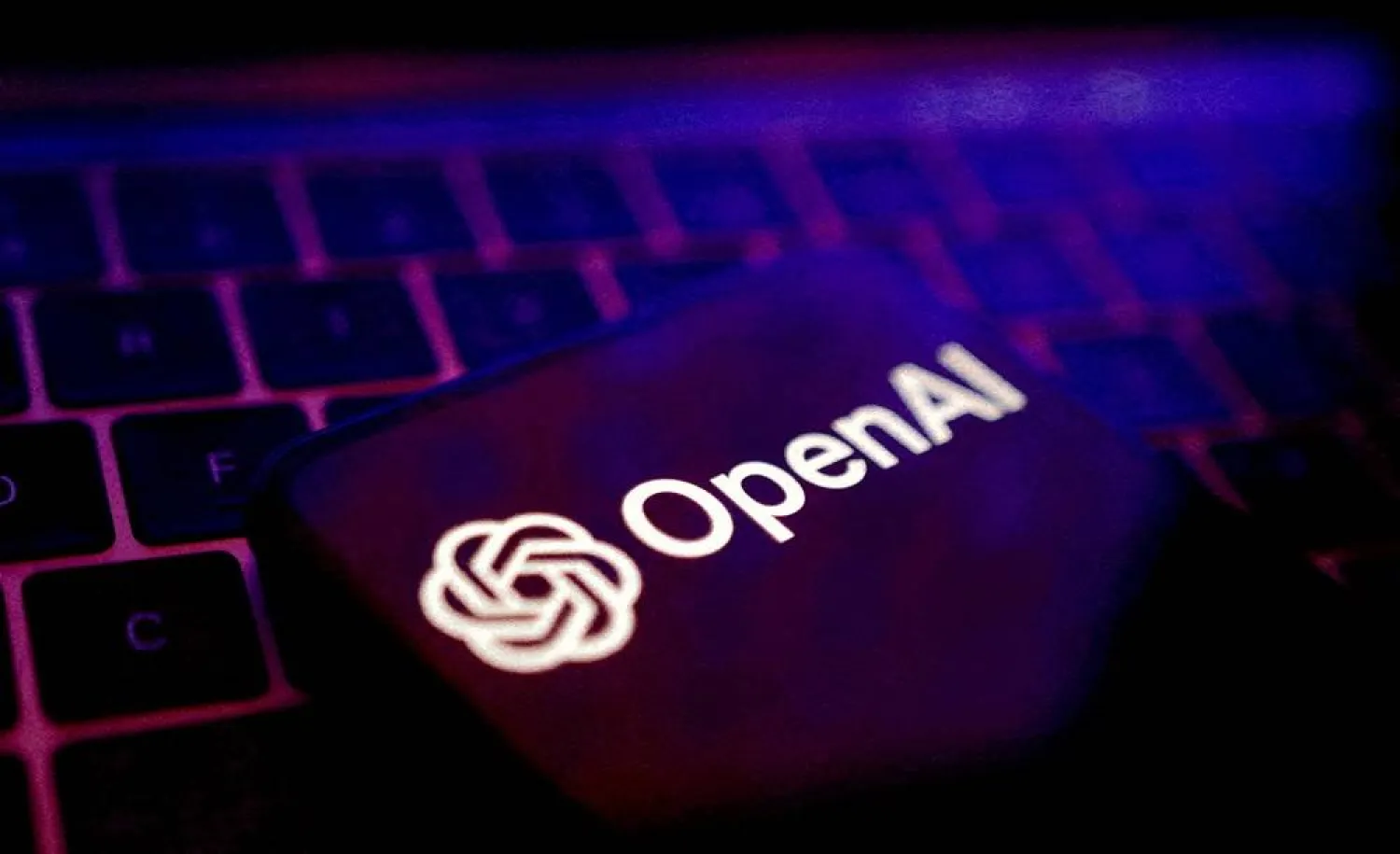ChatGPT maker OpenAI named members to its newly formed nonprofit commission on Tuesday, which will guide the company's philanthropic efforts.
Microsoft-backed OpenAI in December outlined a plan to revamp its corporate structure, saying it would create a public benefit corporation to manage its growing business and ease the restrictions imposed by its existing nonprofit parent.
OpenAI, which last month said it would raise up to $40 billion in a new funding round valuing the company at $300 billion, named Daniel Zingale, who has held senior leadership roles across California, as the commission's convener.
Dolores Huerta, Monica Lozano, Robert Ross and Jack Oliver, all of whom have prior experience with community-based organizations, have been appointed as advisors to the new commission, formed earlier this month.
"The advisors will receive learnings and input from the community on how OpenAI's philanthropy can address long-term systemic issues, while also considering both the promise and risks of AI," OpenAI said in a blog post.
They will advise OpenAI's board on directing community engagement processes, drawing insights from people and organizations involved in health, science, education, and public services. The commission is expected to submit its findings to the board within 90 days.
Last year, Elon Musk, who co-founded OpenAI in 2015, sued the AI startup and its CEO, Sam Altman. Musk accused OpenAI of straying from its original mission of developing AI for the benefit of humanity and focusing on corporate profits instead.
A dozen former-OpenAI employees last week filed a legal brief backing Musk's lawsuit.
OpenAI countersued Musk last week, citing a pattern of harassment by him, and asking a federal judge to stop him from any "further unlawful and unfair action" against OpenAI in a court case over the future structure of the firm that helped launch the AI revolution.









